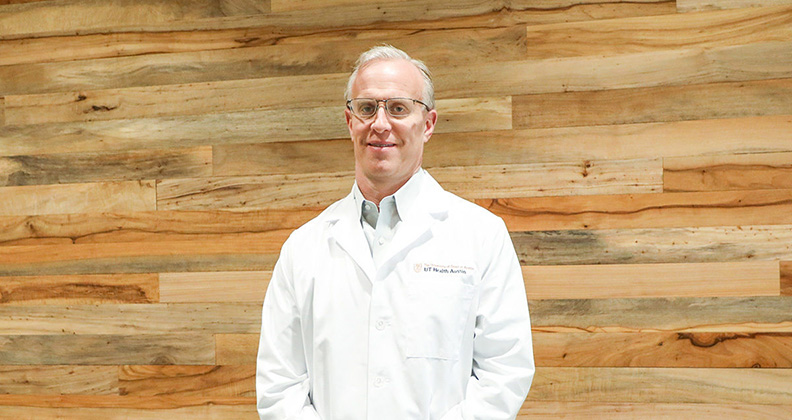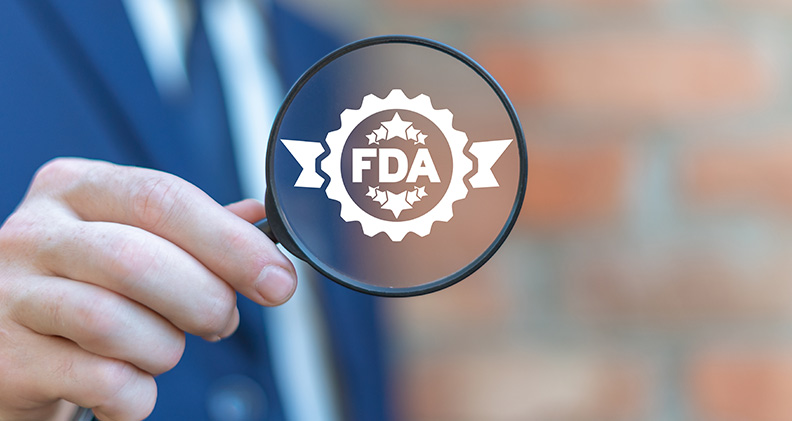
OMTEC 2012 opening panel presenters, consisting of David Floyd, Bill Plovanic, Bill Kolter and Brian Moore, painted a compelling picture of the current status and upcoming challenges facing the orthopaedic industry. According to the panel, orthopaedic sales, which saw a decline in 2010, now appear to be increasing, especially in the knee and sports medicine areas. In addition, the market remains primed for growth due partly to the fact that bone and joint disease continue to be the leading reasons for disability. Discussion regarding the challenges facing the orthopaedic industry centered around two key areas: the medical device excise tax, which has the potential to threaten the viability of small device manufacturers and decrease the resources of large device manufacturers, and impediments to gaining market clearance, which will require an increase in resources.
In short, a primed market coupled with an increase in financial and regulatory burdens has created a perfect storm that has the potential to threaten innovation at a time when it is most needed.
In preparation for this perfect storm, two main areas stand out from my perspective. The first is the additional clinical data requirements being placed on device manufacturers, and the second is an increase in scrutiny of how clinical trials are being conducted. Clinical trial work can be daunting and expensive, so once it is clear that clinical data is needed, running a well-controlled clinical study, compliant with applicable regulatory requirements, is critically important. In doing so, patients are protected, data is accurate, and the scrutiny put on your orthopaedic company will result in the desired outcome. So where do you begin? The best place to begin is with education – in most cases, we don’t know what we don’t know!
What You Need to Know
If clinical data is required to support a 510(k) or an Investigational Device Exemption (IDE) application, the regulatory requirements regarding the clinical trial are exactly the same. The following table summarizes the applicable parts in 21 CFR that are required and gives a brief synopsis of the content.
| Section | Title | Description |
| 21 CFR 812 | Investigational Device Exemptions | General procedures for clinical trial conduct. Describes sponsor responsibilities and investigator responsibilities. Describes requirements for:
|
| 21 CFR 50 | Protection of Human Subjects | Specifies requirements relative to obtaining voluntary informed consent. Describes the following:
|
| 21 CFR 11 | Electronic Medical Records | Specifies the requirements for electronic records, electronic signatures and handwritten signatures to ensure that the electronic records can be considered trustworthy, reliable and generally equivalent to paper records and handwritten signatures executed on paper. |
| 21 CFR 54 | Financial Disclosure | General requirements regarding the disclosure of financial information for those involved in clinical trials to ensure that adequate steps are taken in the design, conduct, reporting and analysis of studies to minimize bias. |
| 21 CFR 56 | Institutional Review Boards | Contains general standards for the composition, operation and responsibility of an IRB that reviews clinical investigations regulated by FDA. Describes procedures relative to an IRB’s authority to:
|
FDA offers many guidance documents to further define its thinking on a given regulation, all of which may be accessed on FDA’s website at this link: 1.usa.gov/MvRwe9.
In addition to the above requirements, special considerations should be given to standards that should be followed for global studies. The two most widely recognized international standards include the International Conference on Harmonisation of Technical Requirements for Registration of Pharmaceuticals for Human Use (ICH-E6), an international standard specific to pharmaceuticals, and ISO 14155:2011(E), an international standard specific to medical device studies. Both standards include requirements to ensure the protection of human subjects, descriptions of the roles of the various entities involved in the trial, documentation requirements and other general requirements for conducting a well-controlled clinical trial. Importantly, both have been recognized and accepted by FDA. While ISO 14155:2011(E) is clearly more applicable to device studies, sites and CROs involved in studies worldwide may be more familiar with ICH-E6; therefore, having a working knowledge of both would be advisable.
Together, the FDA regulations, guidance documents and any applicable international regulations combine to create what becomes the “Good Clinical Practice” (GCP) under which your trial will operate. The way in which your team weathers the storm will be largely dependent on their working knowledge in those areas.
Where Do We Start?
My recommendation for arming your team with the knowledge they need to conduct a clinical study would include the following:
1. Read the regulations specified. It will take about a half a day.
2. Take FDA’s online tutorials regarding clinical trials for medical devices: www.fda.gov/Training/CDRHLearn/ucm162015.htm
3. Attend conferences by ACRP (Association of Clinical Research Professionals), SOCRA (Society of Clinical Research Associates) or MAGI (Model Agreements and Guidelines International)
a. ACRP: www.acrpnet.org
b. SOCRA: www.socra.org
c. MAGI: www.magiworld.org
4. Take an online CITI Training Course. CITI provides research ethics education.
5. Develop internal procedures for running a clinical trial that take these regulations intoOr, partner with a contract research organization to assist you in the conduct of the clinical study, but be sure to do your homework to ensure that their processes are firmly planted in GCP.
Why is it Important?
On the other side of every device is a patient, and despite the fact that patients are the driving force of this business, we still fall short as an industry at meeting the regulatory requirements outlined in this article that have been created to protect those patients. The most common findings in warning letters issued to sponsors year after year continue to be inadequate monitoring and failure to secure compliance with the applicable regulations. In order to prevent that outcome for your study, having a firm understanding of your regulatory requirements will build a strong foundation on which your team will be able to weather whatever storms come your way in the uncertainty and increased scrutiny of the coming months or years.
Start with knowledge. Knowledge will power you to the finish line, perhaps even prior to your competitors, all because you were able to run a well-controlled, compliant clinical trial that produced solid, accurate data all the while protecting patients.
Sandra Maddock, Chief Executive Officer and President and Rebecca York, Clinical Research Associate for IMARC Research co-authored the article. IMARC Research is contract research organization based in Cleveland, Ohio. Founded in 1999, IMARC specializes in providing third party clinical trial oversight for the medical device industry via their monitoring, auditing and GCP training services. You may reach Sandra at smaddock@imarcresearch.com. Learn more about IMARC Research on LinkedIn and Facebook, and follow them on Twitter, @IMARCResearch.
IMARC Research, Inc.
440-801-1540 (phone)
www.imarcresearch.com




